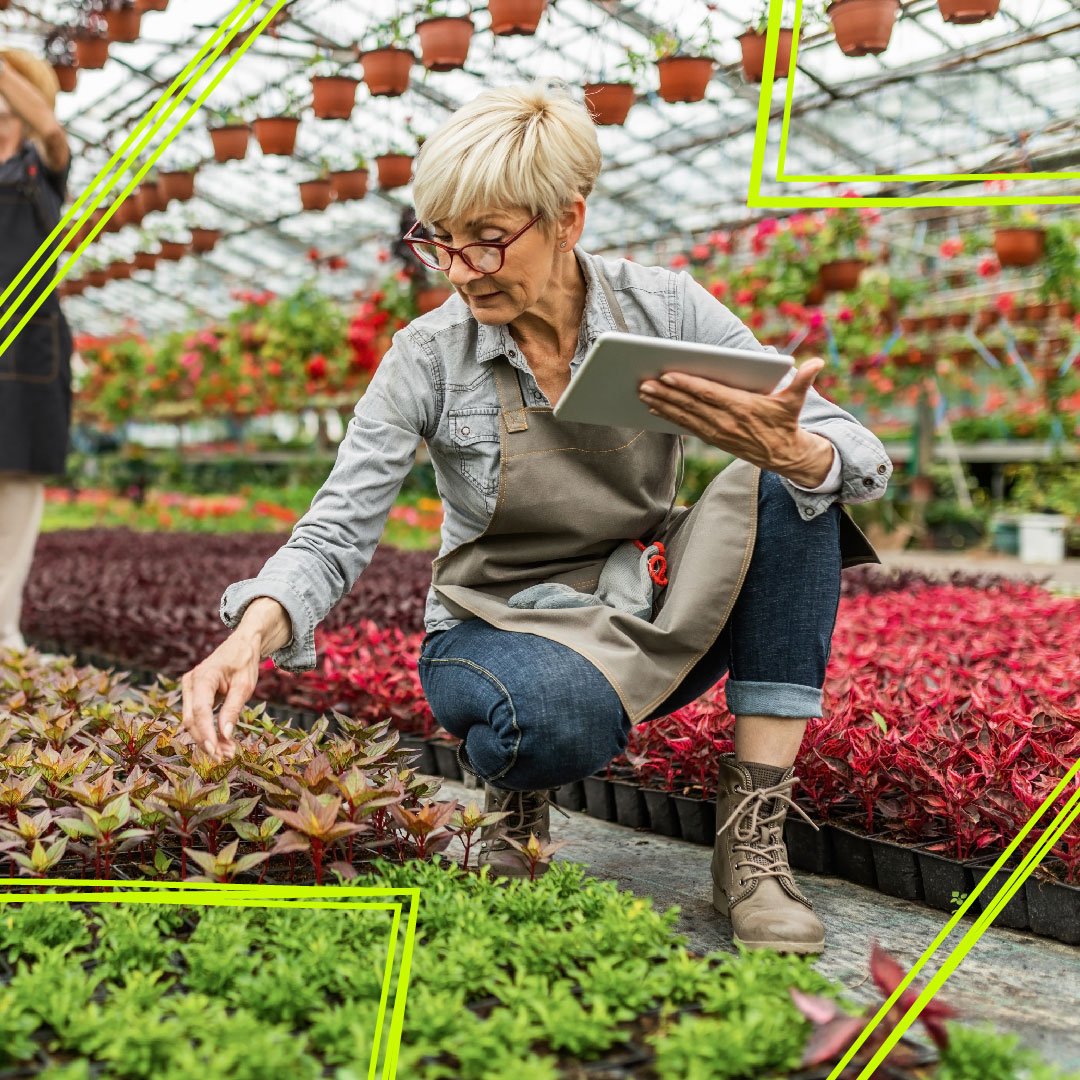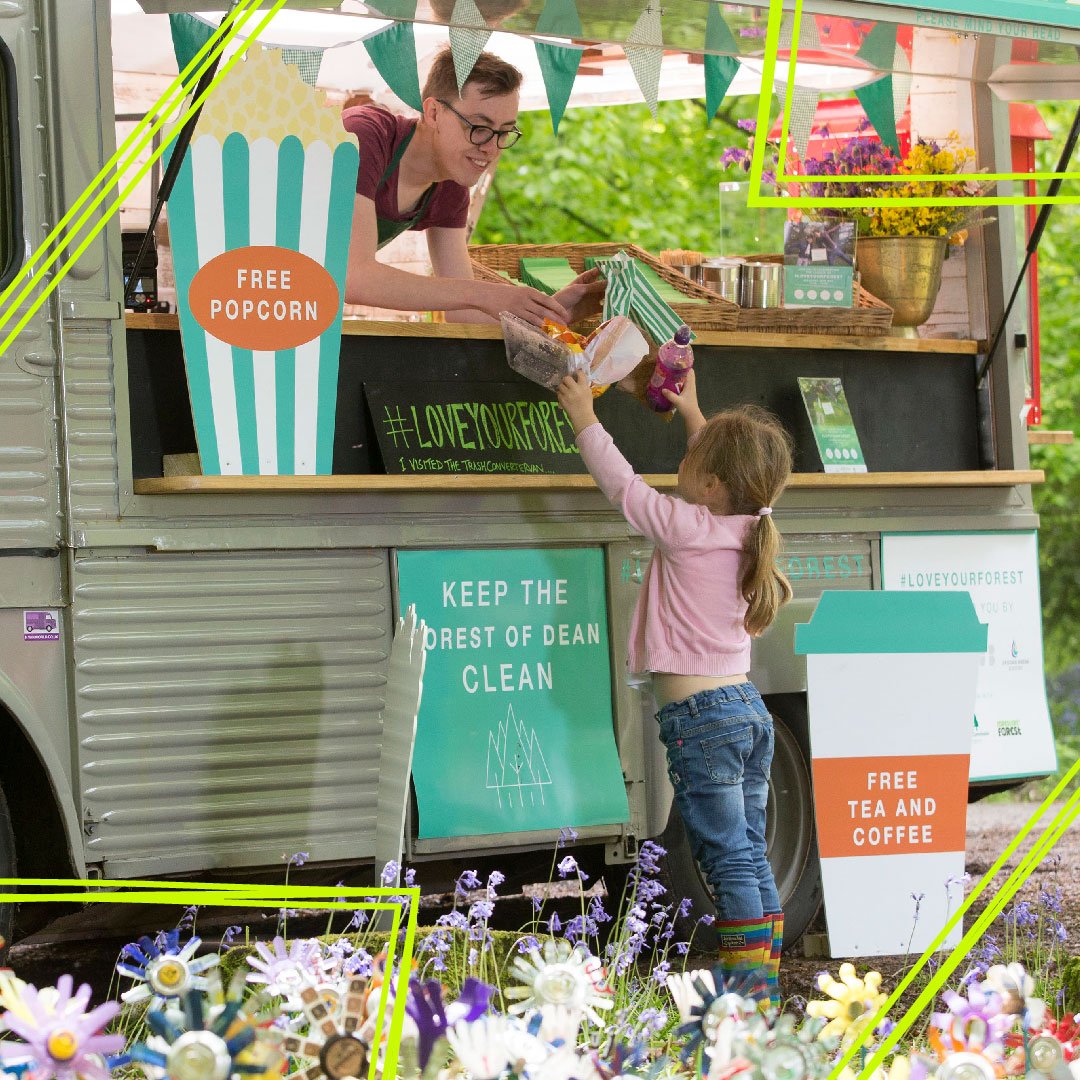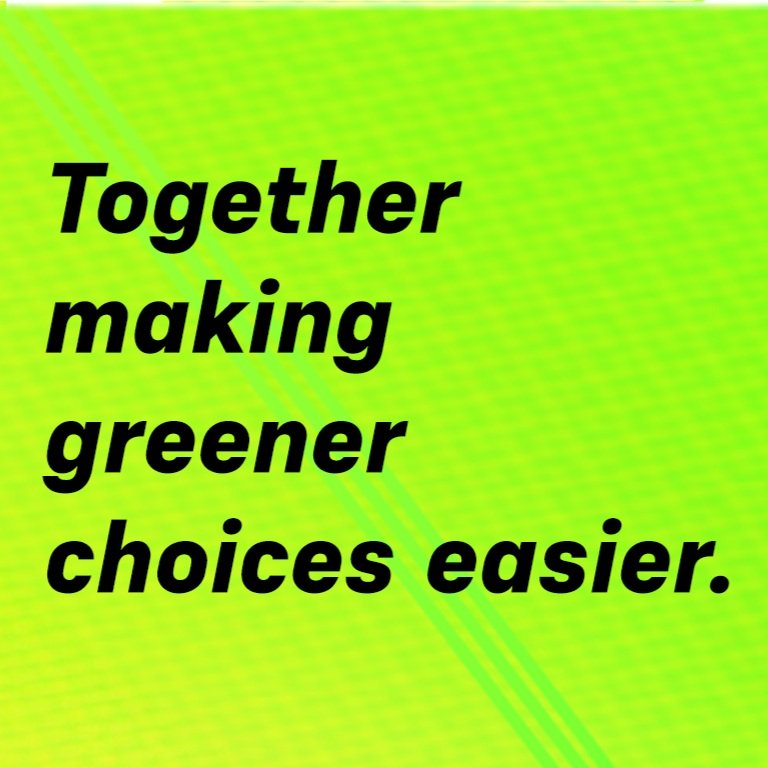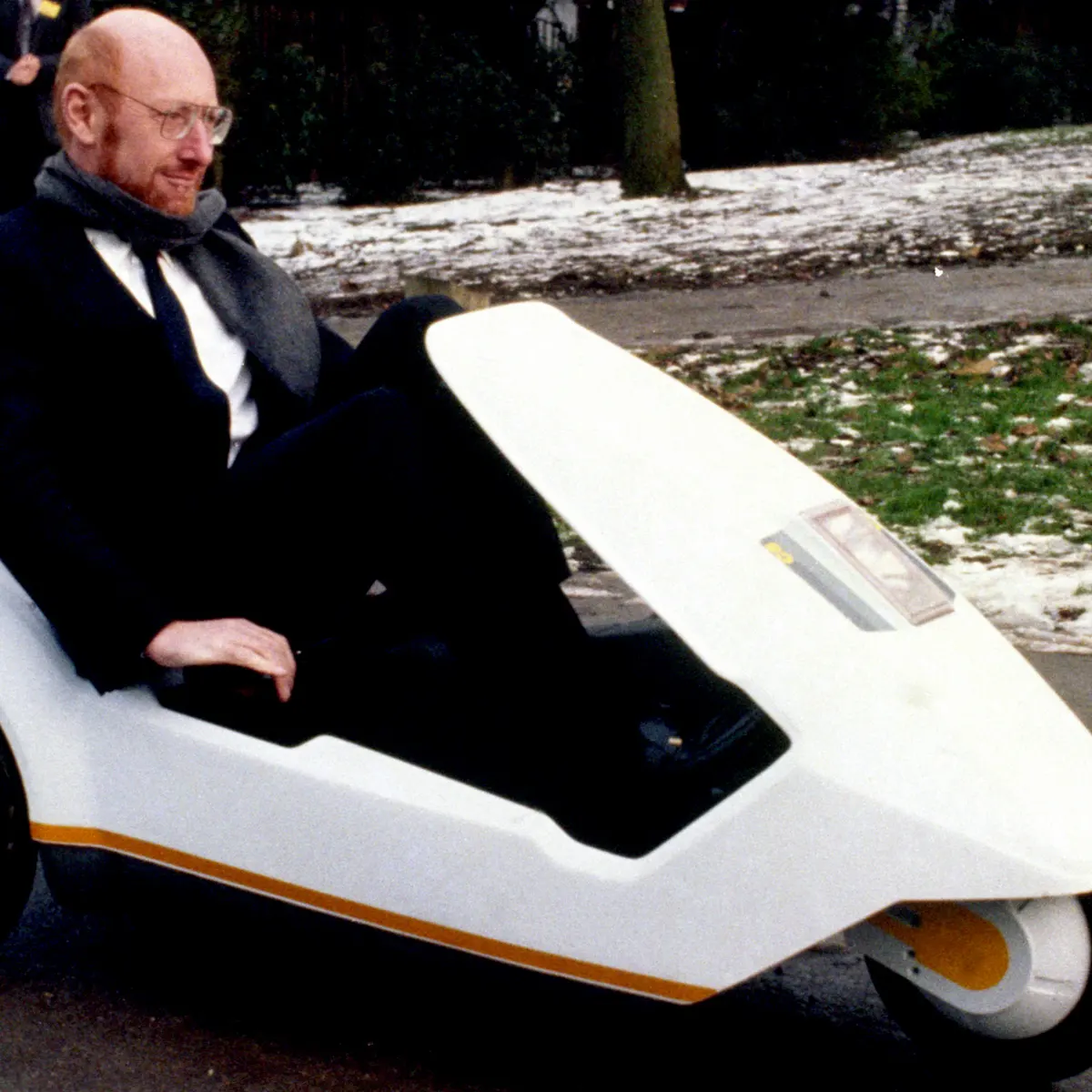Our Thoughts

What is your word of the year?
‘Brain Rot’ is the Oxford Dictionaries word of the year, but what is the one that you have heard most in meetings and events?

Did I make the right decision?
I am sure like many people the recent global events have led me to question how best I personally can make a positive impact. Eighteen months ago I left leading Hubbub to set up Sizzle – was it the right decision?

Is anyone brave enough?
A key message from the US election is that if people feel things aren’t improving, they are less likely to vote for you. A ground-breaking report suggests that tackling inequality is essential in addressing social and environmental challenges. Will anyone be brave enough?

Why community engagement should be essential for any climate strategy
Extreme weather, recent political events and hard-hitting reports can make it hard to remain optimistic. Perhaps one response is to celebrate the amazing range of local community initiatives driven by passionate people intent on improving their locality.

Can our policy asks help to deliver a Circular Economy?
Can a different approach to policymaking remove some of the barriers that have prevented successive governments from introducing a ban on the use of peat in growing?

How can you mainstream Circular Economy initiatives?
After years of experimentation is the Circular Economy about to hit the mainstream?

Is it R.I.P. for the K.P.I.?
Delivering systemic change is complex and time-consuming. Here are five things I have learned and how they have changed the way I think and work.

The Challenges of Systemic Change
Our first attempt to creating systemic change has proved highly challenging. Here are five key findings from our initial independent evaluation.

How to react when an expected funder says no
Getting a rejection from a potential funder is a regular occurrence and can be demoralising. This is how I have learned to react.

Five effective behaviour change techniques
Creating effective behaviour change campaigns is complex, here are five techniques that can help.

Five tips for Social Entrepreneurs
Having created four social enterprises, I am increasingly asked for guidance from existing and perspective social entrepreneurs. Here are five frequent questions and my thoughts based upon my experience and way of working.

How have the Business Green Awards changed over 14 years?
I was one of the judges of the first Business Green awards way back in 2010. Fourteen years later, I am somehow still on the panel and looking forward to what will be a celebration of the very best sustainability initiatives at a packed and prestigious London venue. Looking back, I thought it would be interesting to consider what have been the significant changes in the award entries. Here are my views and alternative awards.

How can we make the climate crisis relevant to everyday living?
I have long held the view that the complex language used to describe climate and environmental challenges has made it difficult for people to comprehend the impact it will have on daily lives. Similarly, those working on supporting a better quality of life for people can sometimes take insufficient account of the profound and long-term impact that developing environmental change will have on their work. This is why I am delighted to announce that I have been appointed as a trustee for Carnegie UK, an independent charitable foundation whose purpose is better wellbeing for people in the UK and Ireland.

Is Sizzle sizzling?
Two years ago, I stepped away from being the Founder and CEO of Hubbub to create Sizzle. I felt the time was right to hand over to a new leadership team and decided on a clean break, as I didn’t wish to hang around like a bad smell in the room scrutinising the decisions of the new regime. I also wanted to return to my real passion which was the creation of new collaborative initiatives creating systemic change. So how has it gone?

An idea whose time has come?
I was fortunate to be one of Al Gore’s first UK Climate Ambassadors, promoting messages from 'An Inconvenient Truth’. The film introduced the idea for a ‘Super Grid’, a system that would connect the abundance of renewable energy sources in Africa to energy-hungry European countries. Despite the significant benefits, the idea never progressed. At the time the financial model didn’t stack up and the technology wasn’t sufficiently advanced. Has that now changed? An intriguing new UK-based business certainly thinks it has and has pulled together a high-quality team and some serious investment to test their assumption.

Is it time for us to become a nation of sustainable gardeners?
The Enrich the Earth campaign, developed by Sizzle, has been running for around 15 months. For me, it has been a crash-course in learning about an entirely new sector. Through this insight, my view of gardening and growing has changed. My previous view was that it was a wholesome activity delivering some environmental and health benefits. But when I have dug deeper behind the headlines, I have realised that the picture is not quite as rosy…

Inspiring sustainable consumption
What motivates consumers in four countries to make more sustainable lifestyle choices? Five key findings from new research.

How do you measure impact?
I have spent 35 years creating and running three charitable organisations. There’s always one constant question: Are we making a difference and how can we demonstrate our impact? You would have thought after all that time and with Hubbub twice winning a Charity of the Year award, I would have the answer. I don’t.

Should organisations have F**K Up Fridays?
We have all had them in our work lives; those cringe-worthy moments when everything has gone horribly wrong and you just want the earth to swallow you up. The natural reaction is to hope that the disaster doesn’t cause too much damage and is swiftly forgotten so you can move on quickly. But is this the right way to deal with failures? Isn’t this a time when much can be learned to avoid repetition? If failure isn’t acknowledged, how can you foster a sense of innovation and experimentation, where some failure is inevitable?

Why has the UK not got a national soil strategy?
Soil is the source of 95% of our food and holds about three times as much carbon as the atmosphere. The UK’s soil stores the equivalent of 80 years of annual greenhouse gas emissions. So, where is our strategy to protect it?
